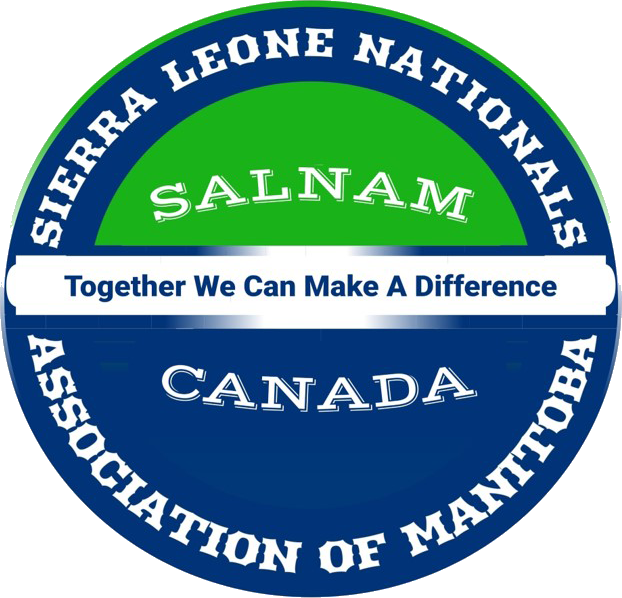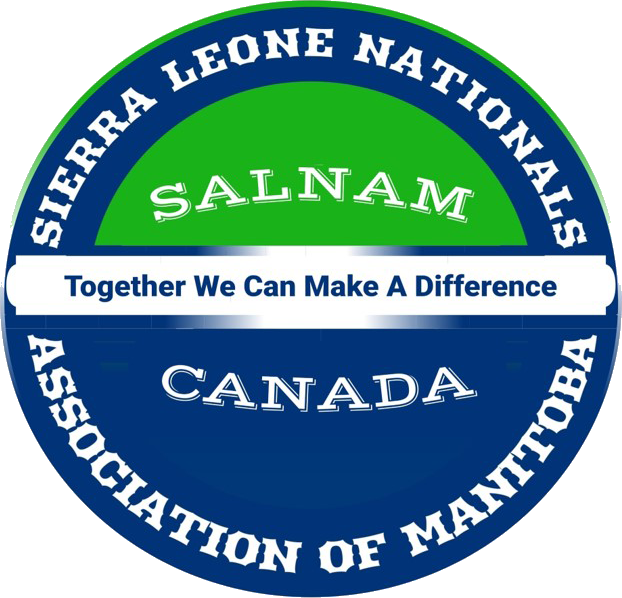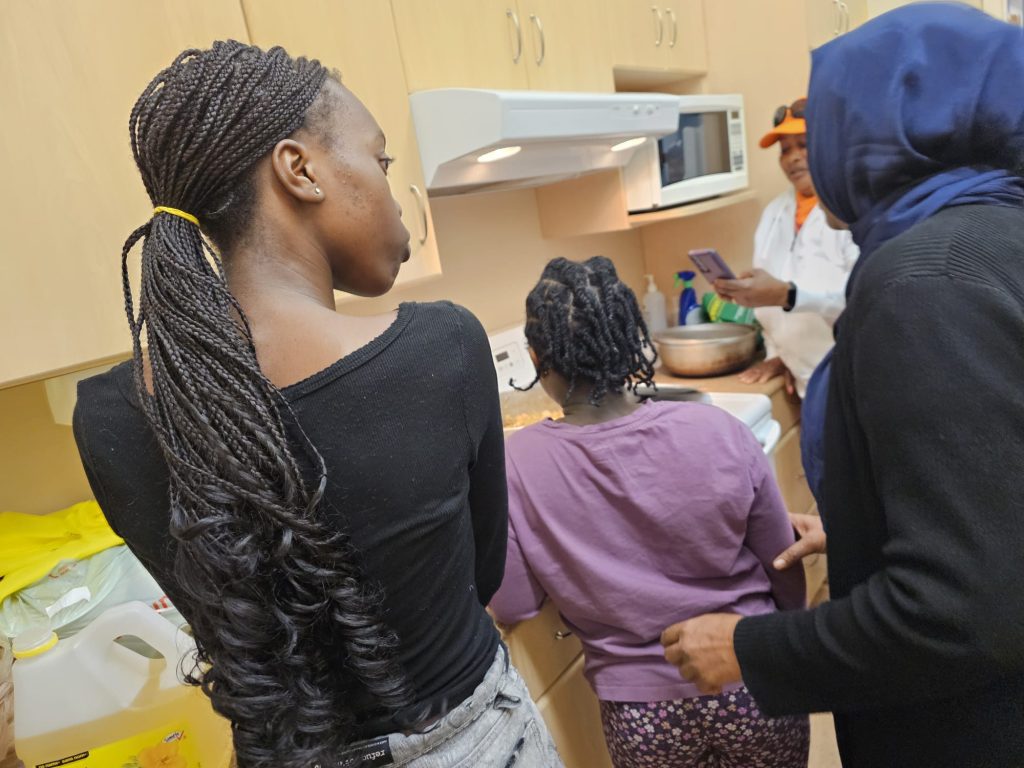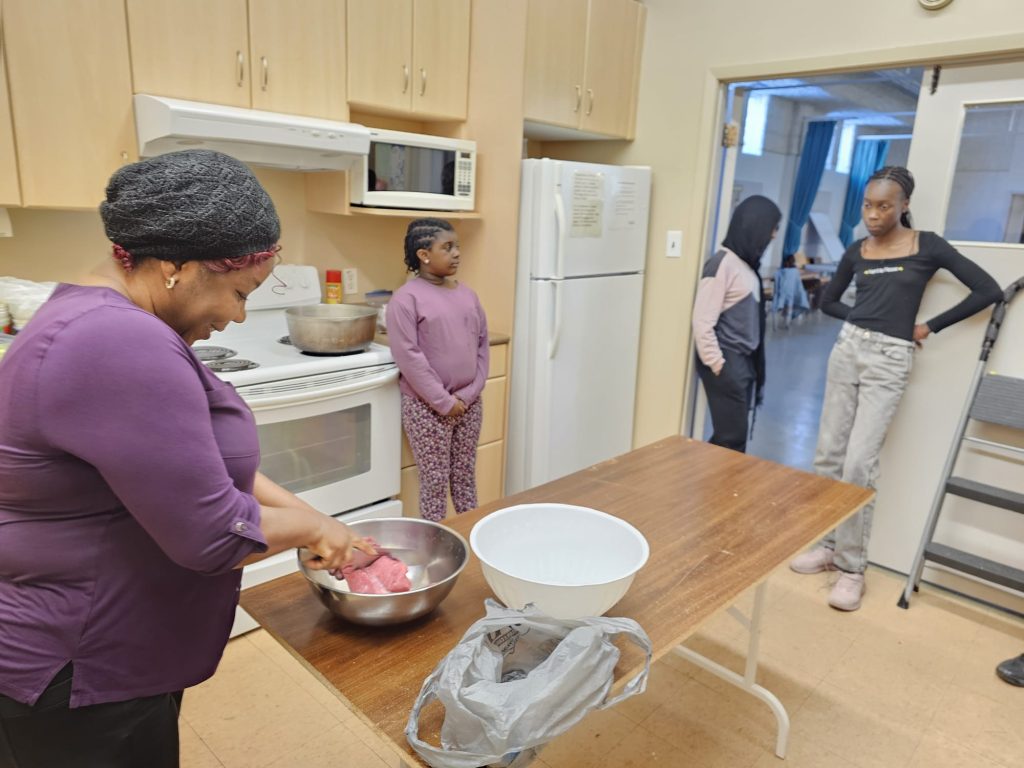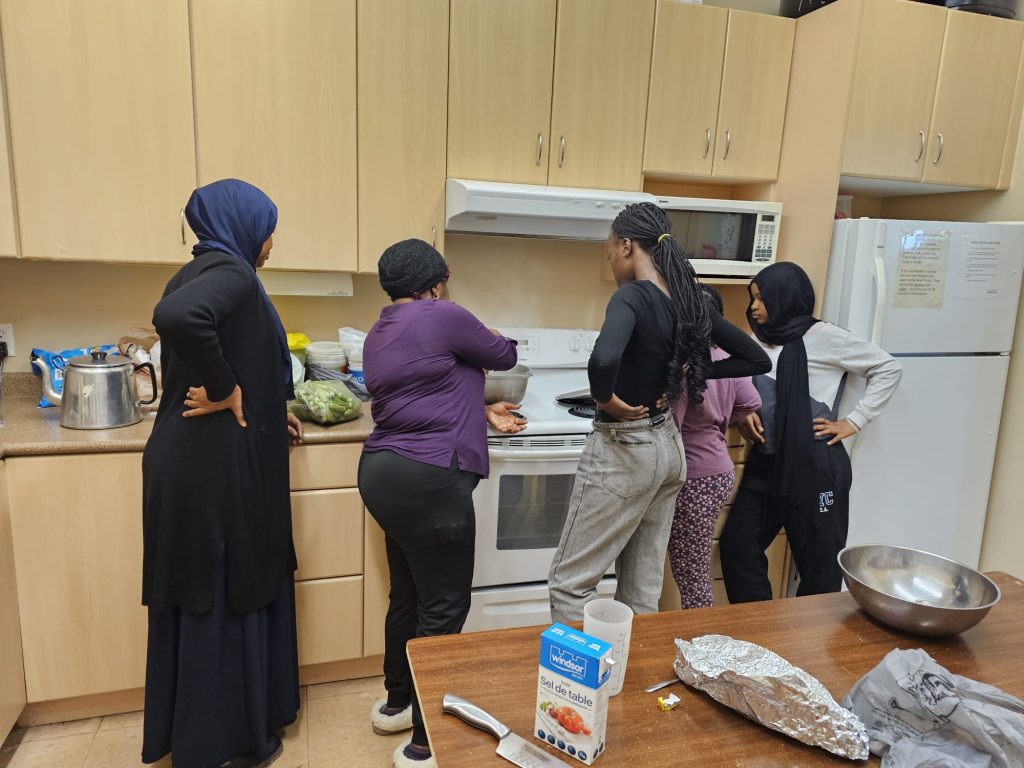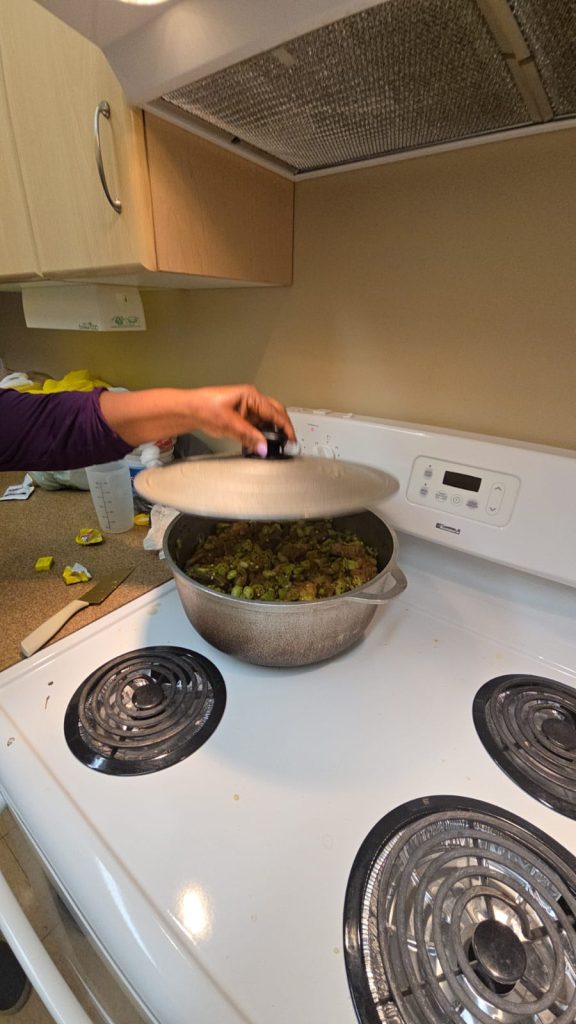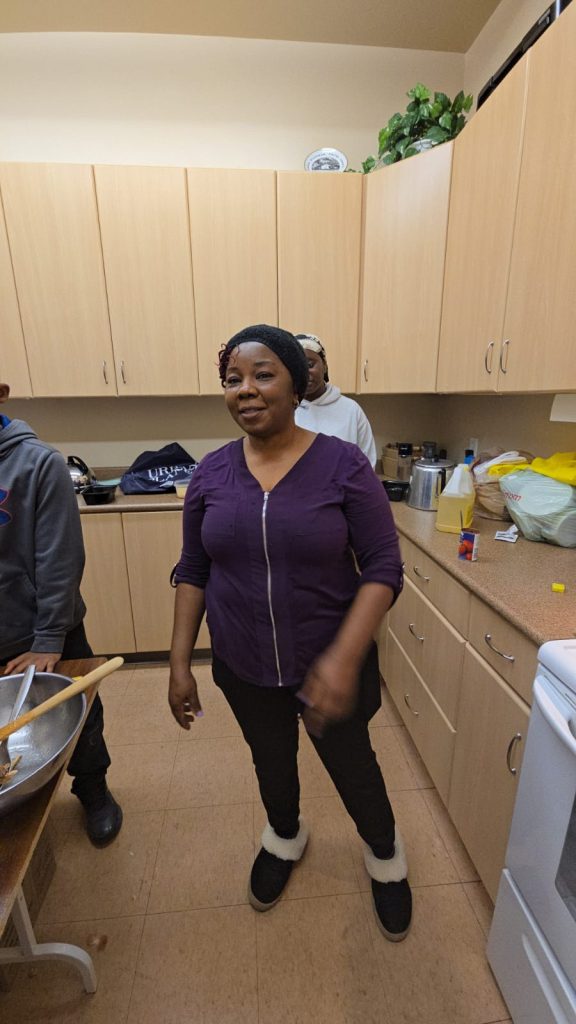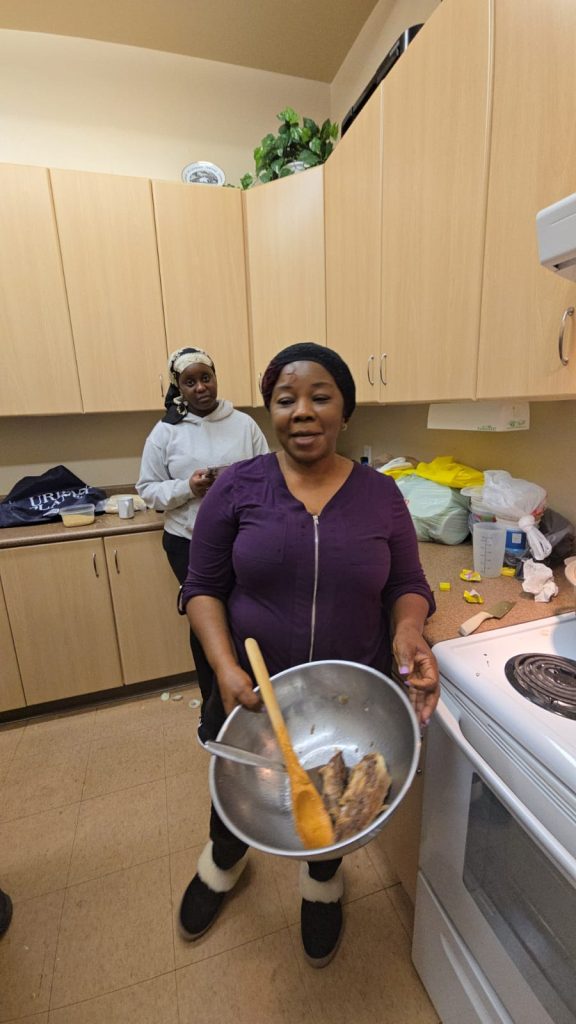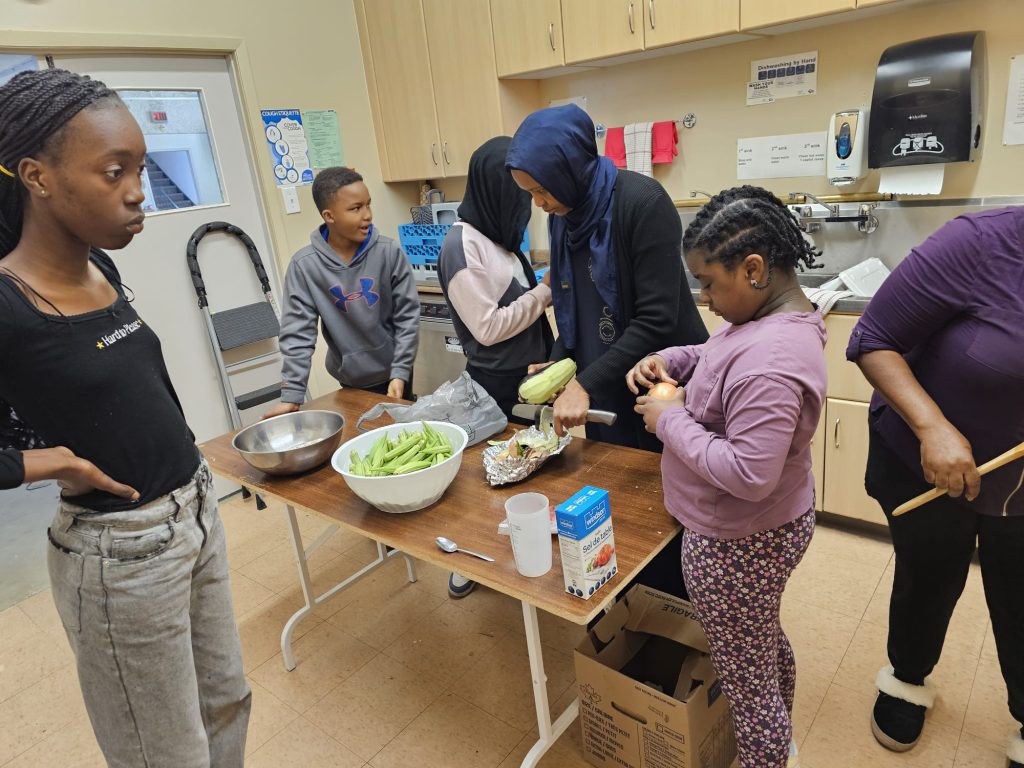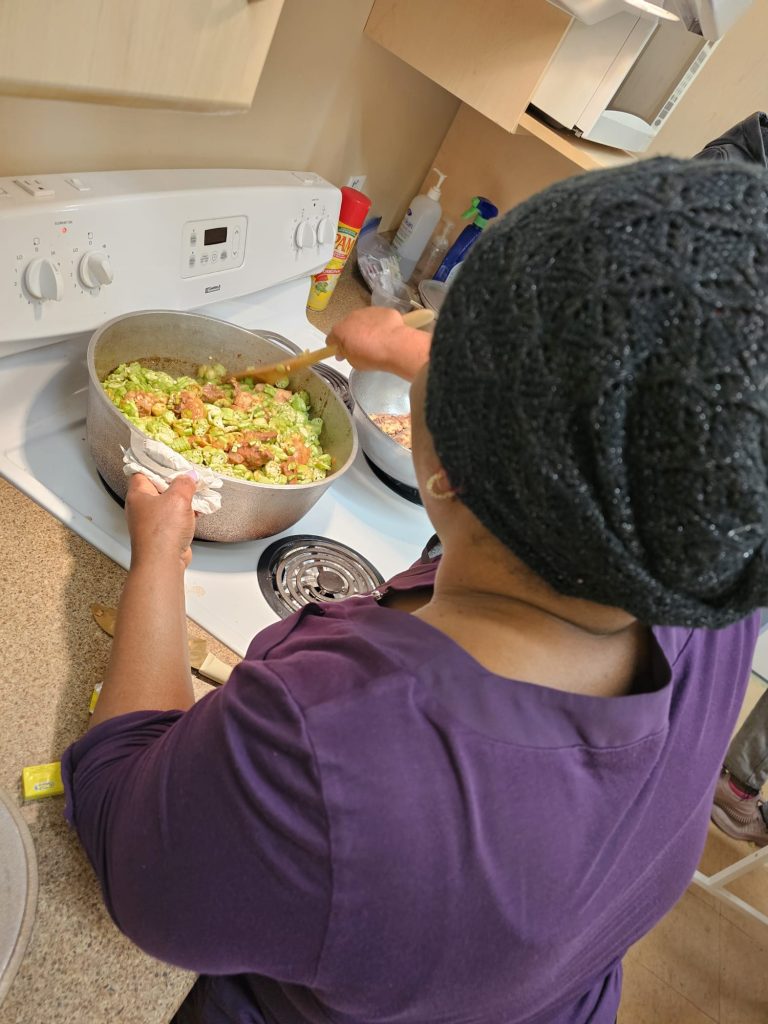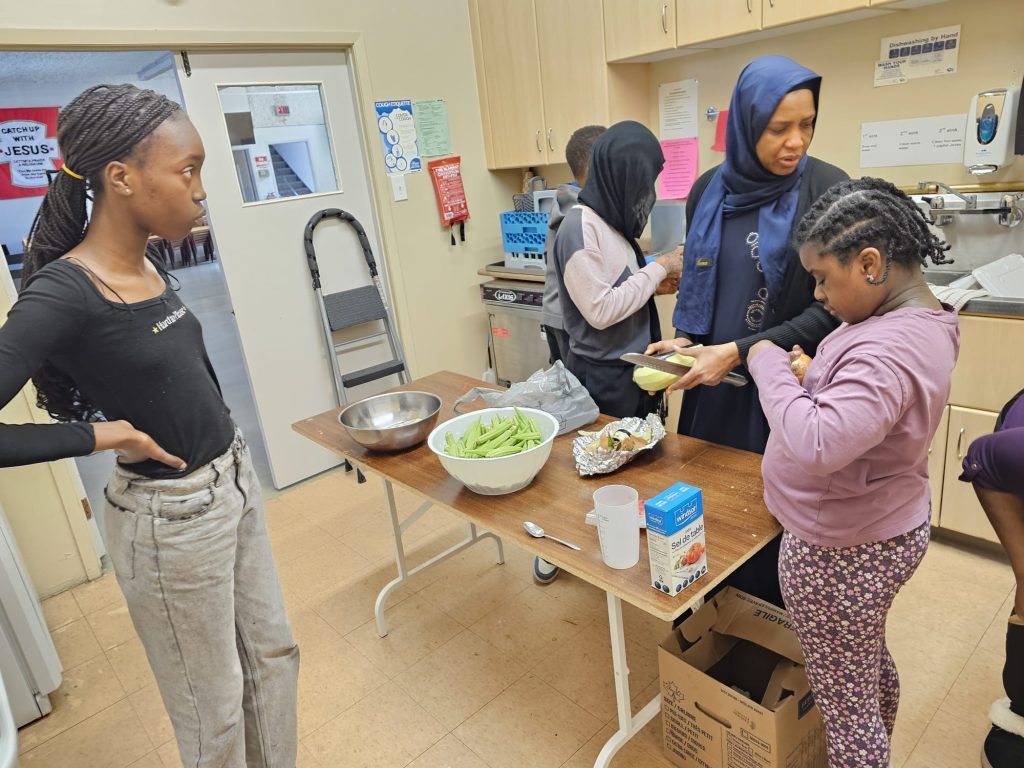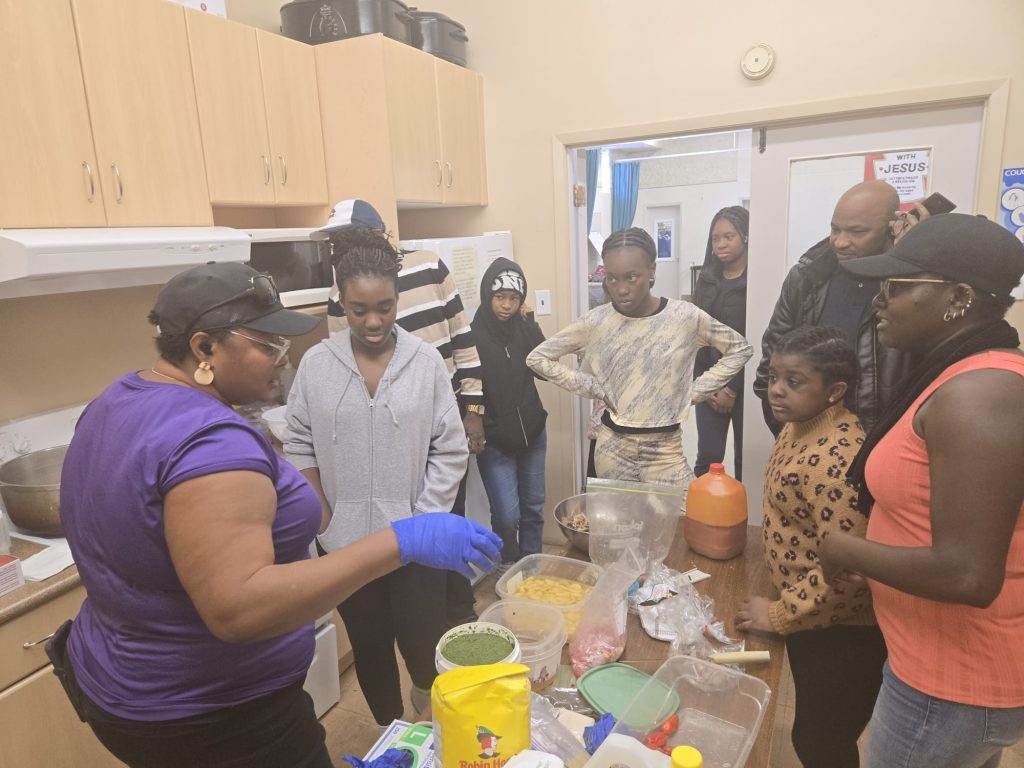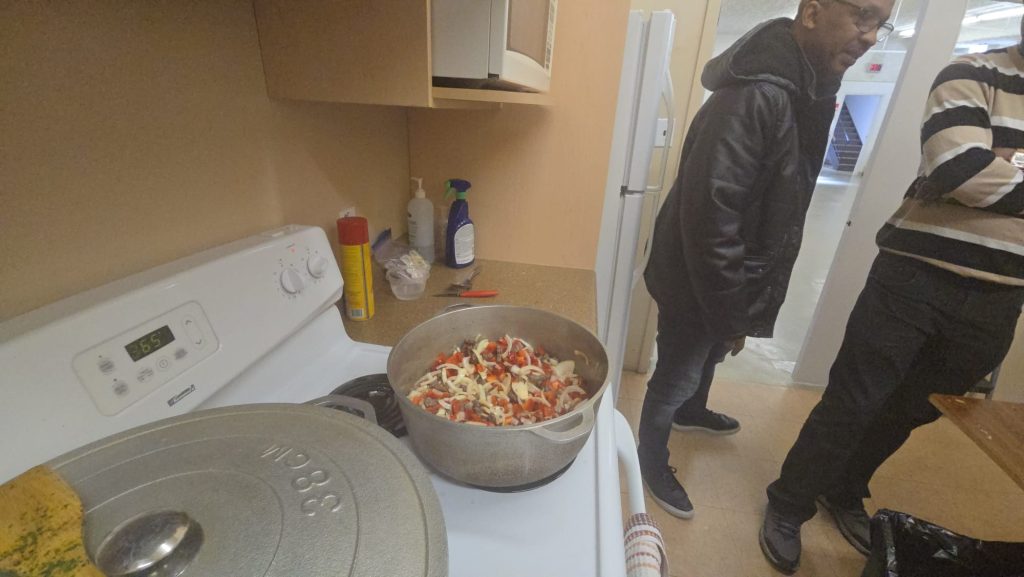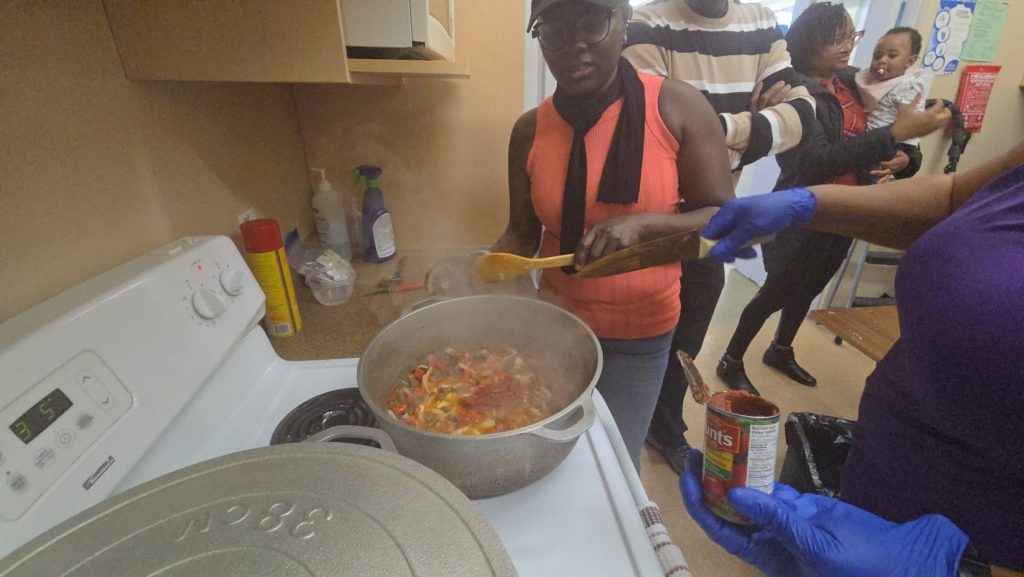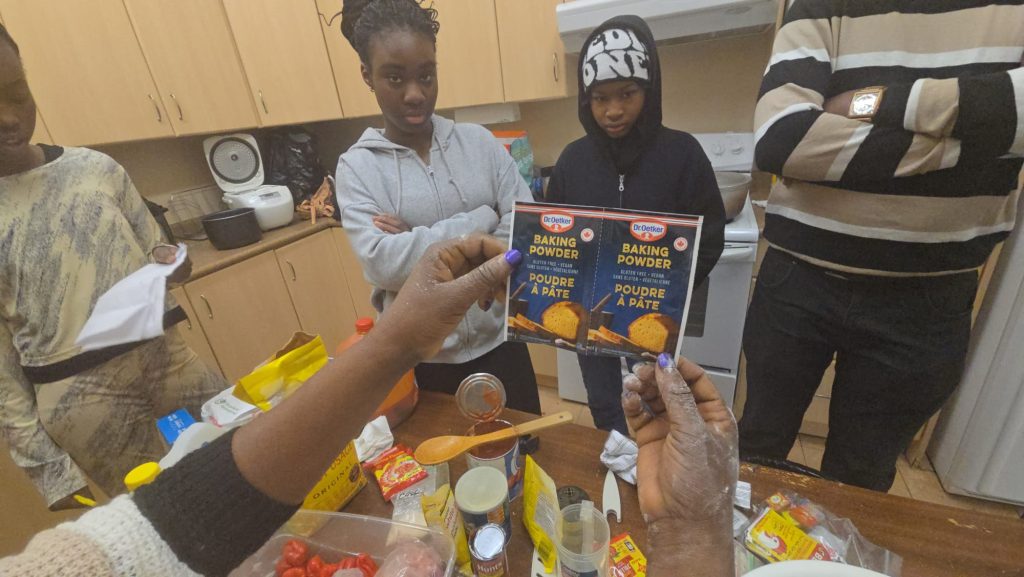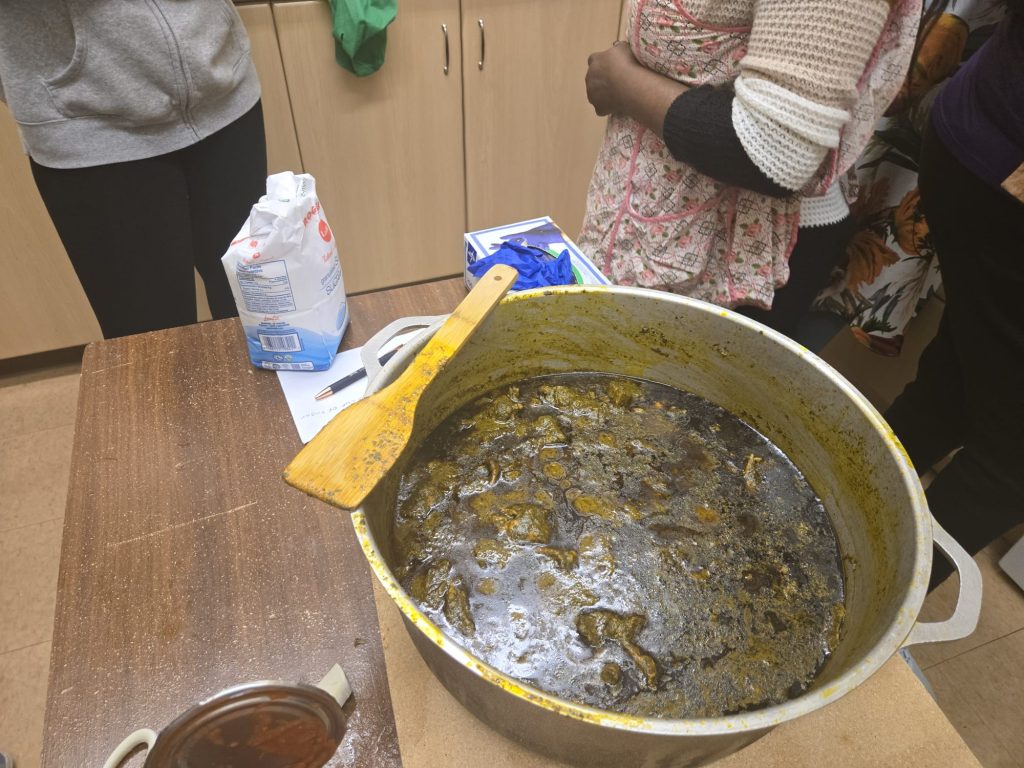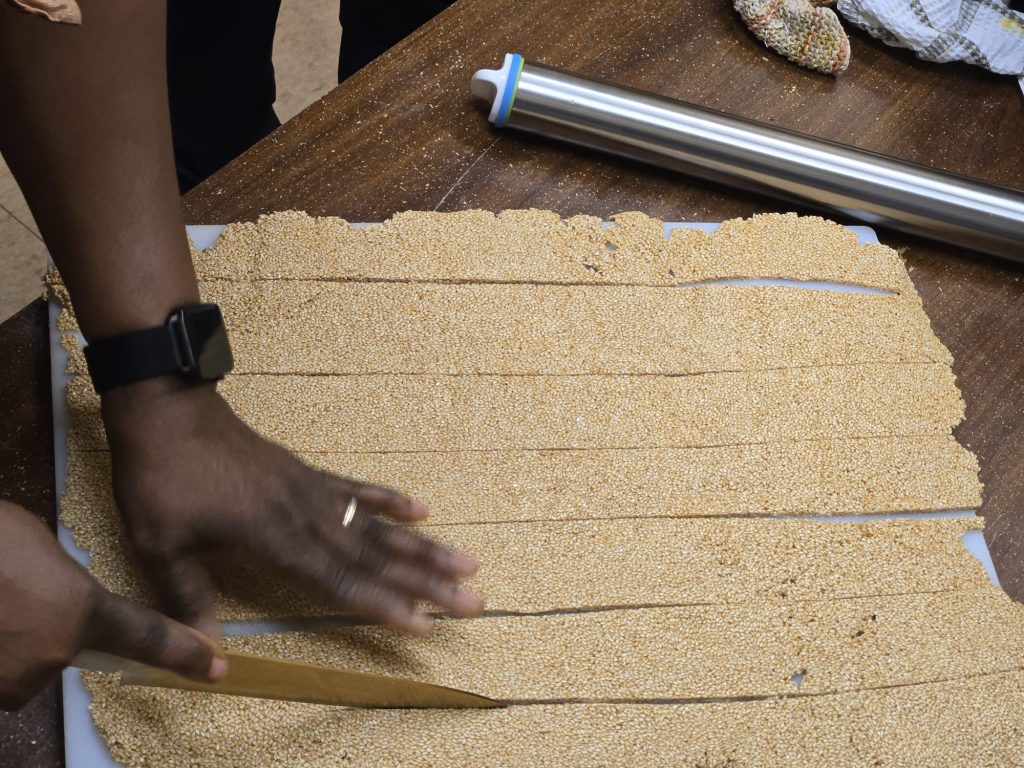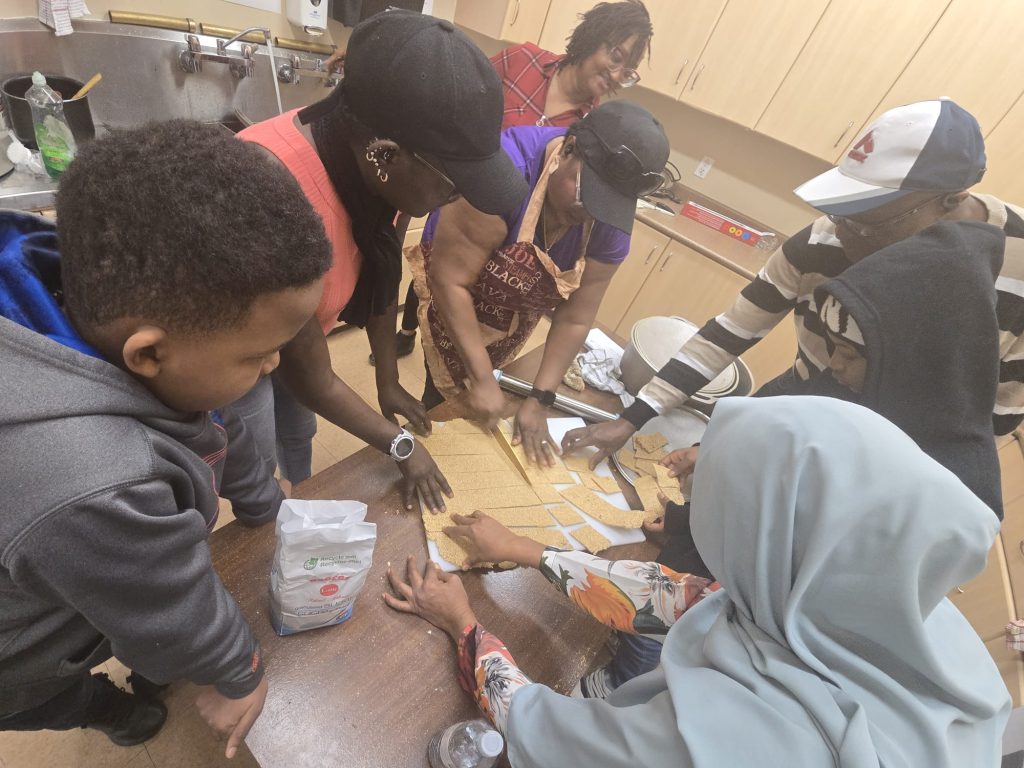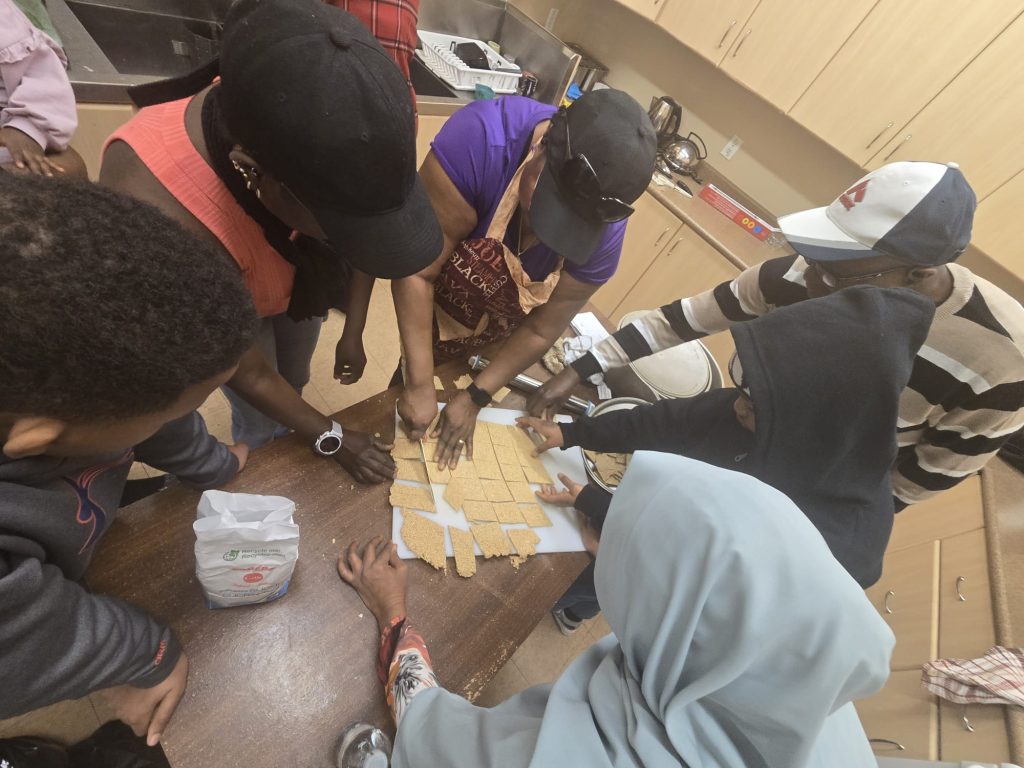Plan of Action Future Leaders DEI Training Program
DEI Program Implementation Plan
A Program Goal and Objective
The DEI program aims to enhance leadership skills, knowledge, and attitudes in youth and adults to support community-led initiatives that promote diversity, equity and inclusion within Manitoba’s multicultural communities.
The program aims to achieve the following objectives:
- Equip the participant with the necessary tools to become strong advocates of the values of equity, diversity and inclusion in the community and in their workspaces.
- Increase awareness of the participant of the link between leadership styles and the promotion of the values of equity, diversity and inclusion practices.
- Motivate participants to play a more active role in promoting activities and initiatives that encourage teamwork, respect for different views and the need to embrace cultural differences as a strength in Manitoba
- Enable participants to explore opportunities for cross-cultural collaboration and projects where every voice and opinion matter in community development projects and plans.
- Build a strong team of leaders that will serve as role models for other young emerging leaders in the future.
B. Program Methodology.
A dual approach will be used to implement the program. These are:
A. Leadership Training Workshop
A leadership training workshop will be held to expose participants to critical leadership skills and knowledge around the concept and practices of diversity, equity and inclusion. The session will be interactive, allowing participants to engage in self reflection and other learning activities. Break out and plenary sessions will provide the opportunity for learners to apply the knowledge gained and be able to recognize situations where they would be required to exercise the skills and knowledge learnt during the session.
B. Community Dialogue session on equity and inclusion.
The session will bring together community members including past and present community leaders to discuss issues of building a more diverse, equitable and inclusive community and the opportunity and barriers to developing a more culturally and inclusive community in Manitoba.
The dialogue circle will enable community members, especially the past leaders, to share their experiences of progress, and challenges of building a more culturally aware and inclusive community. The dialogue will be guided by questions and facilitated in a way that will result in a plan of action of increased awareness of the
challenges and the solutions. The session is anticipated to energize emerging leaders of the importance of stepping forward to exercise leadership roles in consolidating the foundation of strong leadership that will continue to sustain the community programs in the future.
C. Follow up DEI plan of action
Upon completion of this program, the executive team will plan to host two major interaction events with key notable leaders of the city to speak to the community at a big community event. Notable and respected speakers will be identified to serve as inspirations for the community youths and adults of the community.
They could from either a member of parliament, other cultural community present or past leaders or from a school or cultural organization leadership. Inviting any of these leaders will serve as a tipping point for young leaders to see the display of good leadership in real life situations that will help increase their self- confidence.
Detail Activity Plan with Timelines
| Week One | Activities | Details |
| Week One (24- 28 March) | Planning and Preparation | Finalize activity plan for the workshop and community dialogue circlesContact participant and create a listIdentify, finalize and confirm availabilityPrepare materialsFlyers and promotional materials- newsletter release and emailsIdentify and confirm date and venue for both sessionsConfirm workshop logistics (refreshment and honorarium |
| Week 2 Leadership capacity session (31- 4 April) | Skill building Session Leadership Diversity and inclusive decision making | Conduct leadership trainingCover inclusive leadership theories and impact on inclusivityFacilitate breakout sessionsTrainers share their leadership journeyParticipants share their takeaway and begin networkConfirm attendance and venue for the community dialogue sessions |
| Week 3 (14 April – 19 April) | Community dialogue circles on equity and inclusion | Host interactive group discussion on past and present experiences of ethical and inclusive leadershipEncourage knowledge sharing and collaborative solutionsDevelop a plan of action for sharing lessons and insights gained from the dialogue sessions |
| Week 4 (Follow up and reporting (27 Apri-1st May 2025 | Follow up and reporting of program activities and further steps | Analyze feedback and session outcomesPrepare final report summarizing key learnings, attendance and impactCreate a plan for the first invited community leaders as guest speakerSubmit final report to the funds and stakeholders |
Sponsor By: Canadian Heritage
